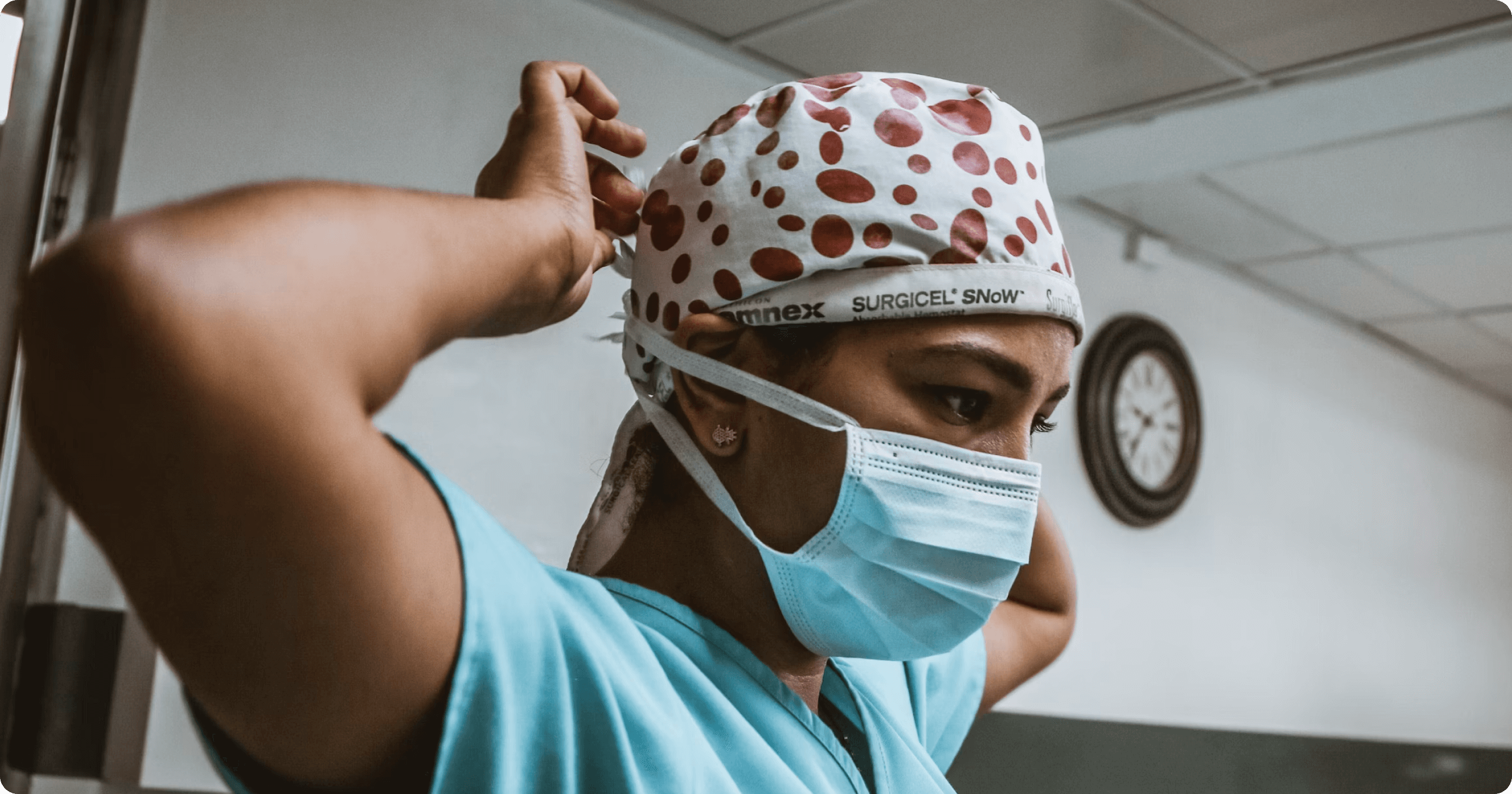Urology
Urology is a surgical specialty that deals with the treatment of conditions involving the male and female urinary tract and the male reproductive organs.
Overview
Specialists in the field of urology are called urologists – healthcare professionals who are trained to diagnose, detect and treat this group of disorders and diseases.
Traditionally, urology has had a smaller number of trainees compared to other specialties with training concentrated to eight hospitals in Ireland. One of the benefits of urology training in Ireland is that, as a trainee, you will rotate through at least four of the eight major academic urology units during the scheme.
As a urology trainee on a specialist scheme, you will have the opportunity to, not only learn core urology procedures, but also to gain experience in the various urology sub-specialties from experienced trainers.
Training Body
CST (see General Surgery)
Core Surgical Training (CST) see General Surgery
In Surgery, initial training equivalent to BST is called Core Surgical Training (CST) of 2 years [known as ST1-ST2] which must completed before applying for HST in relevant Surgical Specialty of up to 6 years [known as ST3-ST8]. CST is included in the General Surgery page but also applies to the other surgical specialties.

Higher Specialist Training (HST)
Requirements
- Have completed a Medical Degree.
- Be eligible for inclusion on the Trainee Specialist Division of the Medical Council Register at the time of application.
- Certificate of Completion of Core Surgical Training – CST is a minimum duration of two years of structured Core or Basic training, post internship.
- Successful completion of MRCS part A&B/DOHNS Part B
- For non-Ireland, -UK, -Australia, -Canada, -New Zealand or -US: An IELTS certificate OR the Occupational English Test (OET).